Explore all movies appearances

No plot available for this movie.
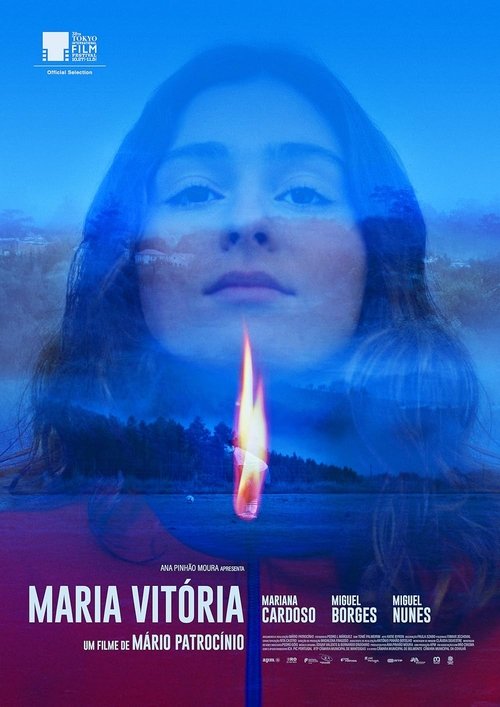
Maria Vitória lives in a remote village in the Portuguese mountains and plays football on the local boys youth team. Determined to become a professional, she devotes all her free time to intense training with her father. Their routine is shaken by the unexpected return of her older brother, who left many years earlier after a tragic fire that took their mother’s life. As she prepares for the most important match of her life, Maria begins to question her father’s authority and gradually seeks a way to break free and take control of her own future.
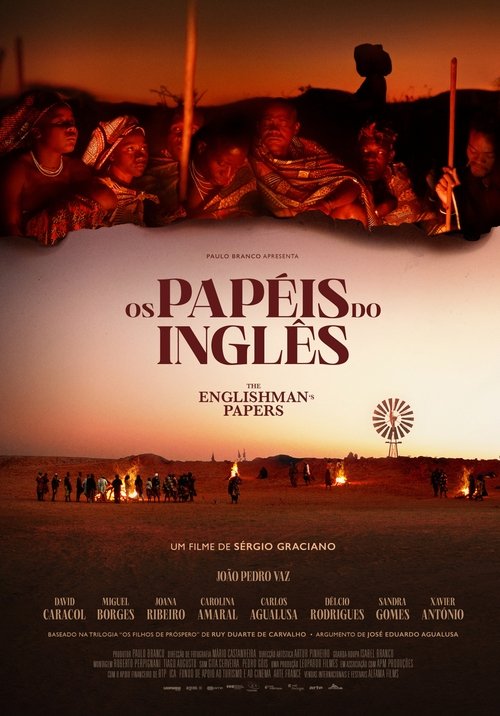
Ruy Duarte de Carvalho, poet and novelist, finds out that his father left papers in the Namib desert that would help him shed light on a mystery that occurred in 1923. Through his search, he embarks on an epic tale that goes from the turn of the 19th century to the end of the 20th, in the magnificent Angolan south.
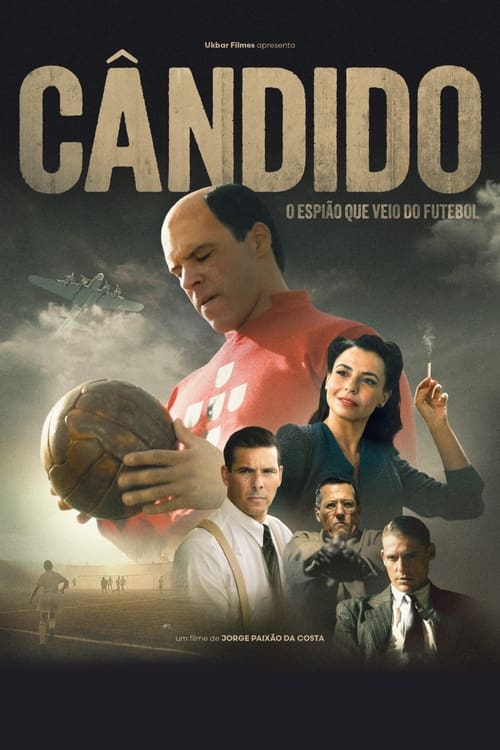
A national coach working in Lisbon during World War II also acted as a spy for the Allies, leading a risky double life
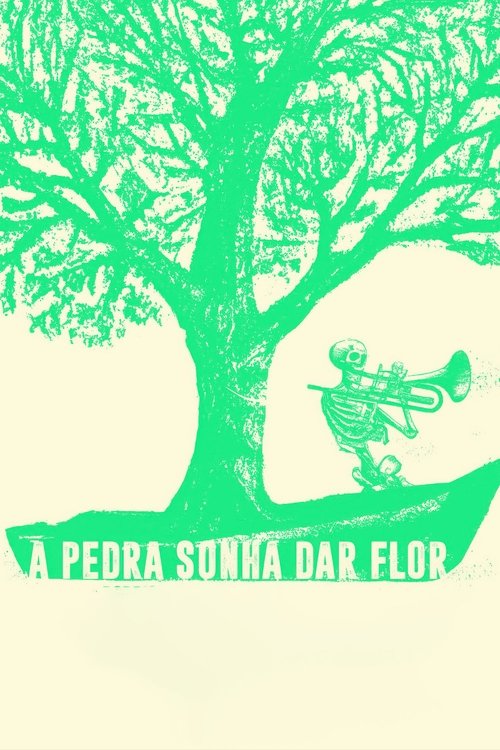
A writer immerses himself in his work La muerte del payaso and becomes a hostage of impossible dreams. Between crimes and hallucinations, between the gothic nature of night and the decadence of the sand, a hopeless story is told, based on the work of Raul Brandão.
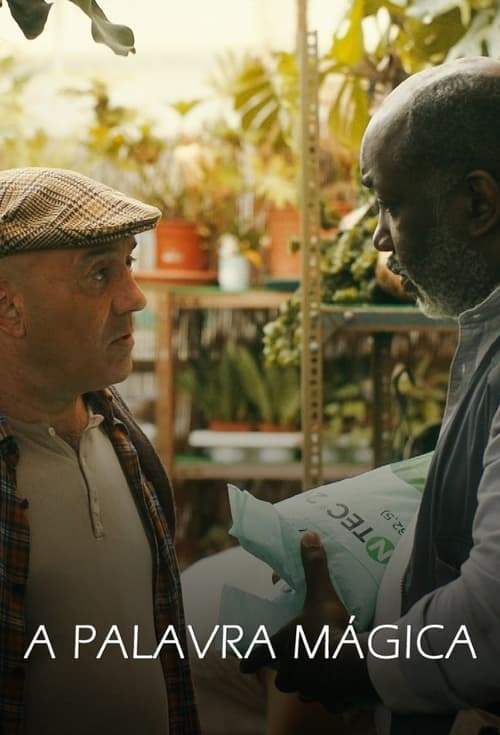
The first time you hear it, it doesn't seem like a big deal. The word is strange and the tone in which it was used could be offensive. In the village the word soon spreads and as it passes from mouth to mouth it becomes heavier and takes on a markedly offensive character. As the village gets angrier, all the small misunderstandings in everyday life become serious business. There is only one solution: exposing the cases and their origin - the word barely heard and poorly said - which, today, in the village, is the most devastating offense that can be thrown at our greatest enemy.
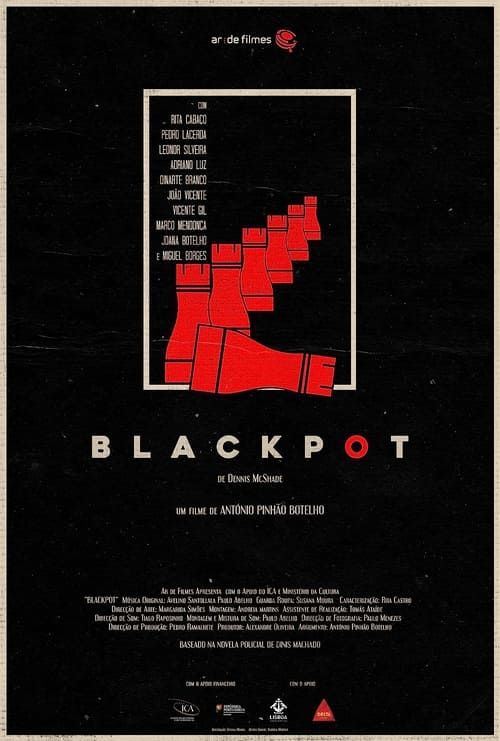
A reorganization within a crime syndicate.

Pavese considered Dialogues with Leucò his best work. Eloquent and at the same time sententious and fragile, but implausible among humanized gods, demigods, heroes, and other pagan figures of Greek mythology, who question, through the imaginary of myths, the society of contemporary man. Out of a time and a certain space, and thus, and like all myths, always current.
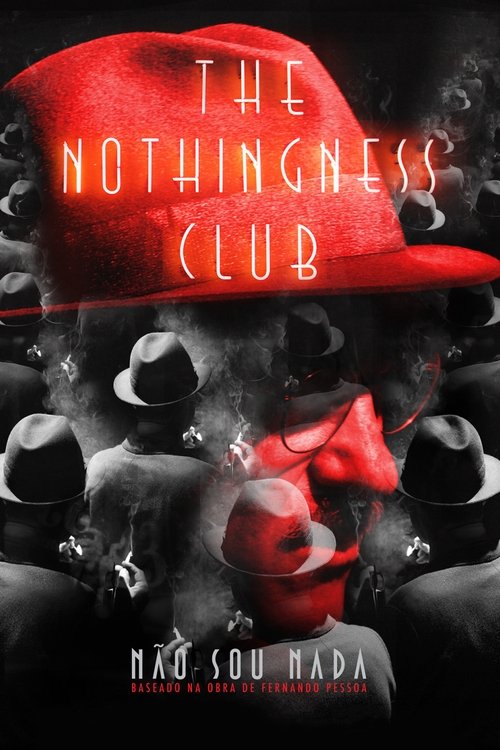
Pessoa famously published under many heteronyms: around 75 different names, each with fully fleshed-out backgrounds, styles, appearances and philosophies. Taking this a step further, Não Sou Nada gives flesh to these characters, all working together under Pessoa, enacted by Miguel Borges, at the publishing house The Nothingness Club.
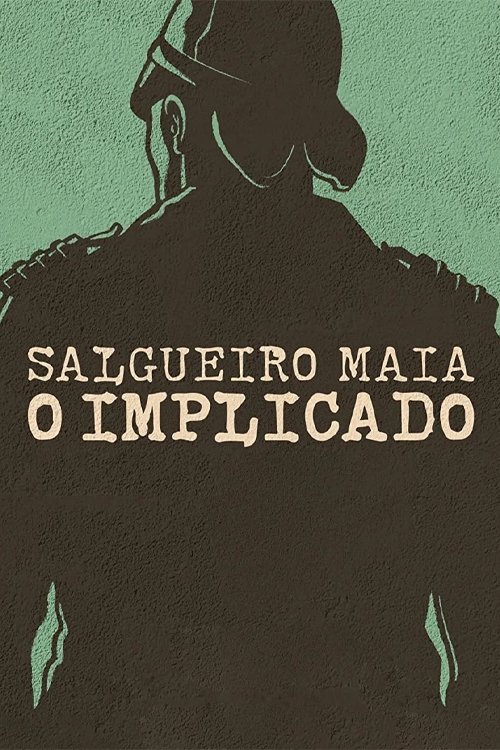
On April 25, 1974, a man walked alone in Largo do Carmo. He knocked on the GNR military barracks door and entered, unarmed and without any escorts. Inside, the Government’s chief, Marcelo Caetano, waited, surrounded by the military and the people. The man who stared at him that afternoon and demanded surrender, guaranteeing his safety, had just led Santarém’s Artillery 1 regiment in taking the capital. Without firing a single shot, he managed to overthrow a regime that was over 48 years old. That was the last step to take and he took it, without hesitation, becoming the unavoidable figure of the day that marked the beginning of democracy in Portugal
Subscribe for exclusive insights on movies, TV shows, and games! Get top picks, fascinating facts, in-depth analysis, and more delivered straight to your inbox.